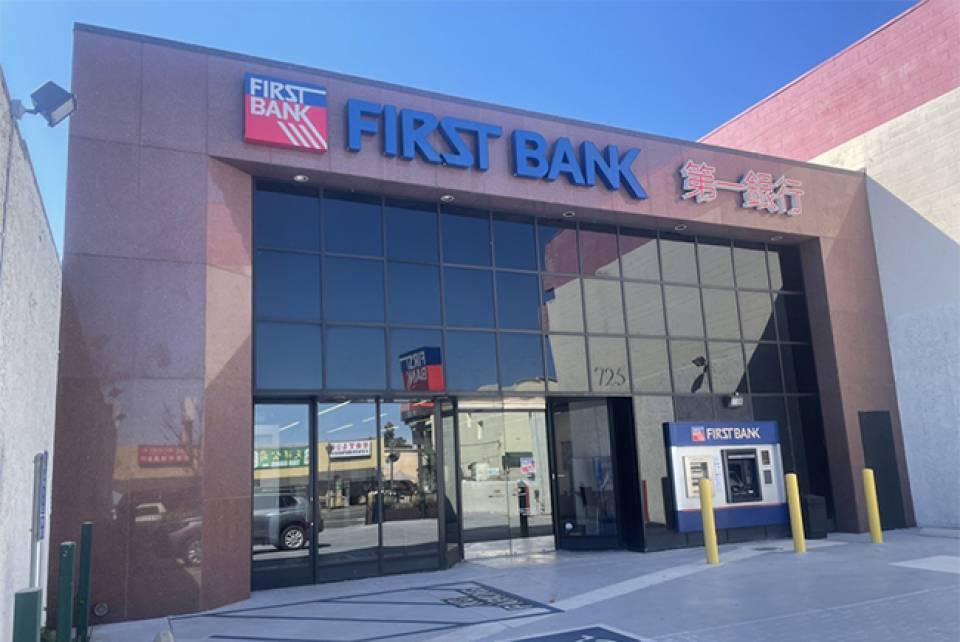Republic First Bank, doing business as Republic Bank (“Republic Bank” or “The Bank”) is a smaller regional bank that operated about 32 branches across New Jersey, Pennsylvania and New York and had about $6 billion in assets at the start of 2024 compared to the approximately $200 billion in assets held by each SVB and First Republic. On Friday, April 19th, the Pennsylvania Department of Banking and Securities seized bank assets ahead of speculation that the FDIC would be stepping in to do so.
Republic Bank’s struggles began as early as October 2021, when the Bank’s longstanding legacy board developed an internal rift. The then-serving CEO made attempts to expand the Bank’s territory and raise capital, which ultimately proved unsuccessful. Norcross-Braca, an activist investor group then stepped in to purchase a majority stake in the Bank and back new board candidates put forward by one faction of the former board. This resulted in the Board being deadlocked for almost a year, until the Board ultimately named a fresh CEO.
As soon as the dust settled following the restructuring of the Bank’s board, the Bank faced another hurdle: name-confusion. Following the collapse of Silicon Valley Bank (“SVB”) and Signature Bank in 2023, another similarly named bank — First Republic Bank — was showing symptoms indicating that it may be next in line.
While First Bank took efforts to prevent a failure, name-confusion caused Republic Bank’s shares to rapidly fall to as low as 28%. Contributing to the name confusion was the fact that Republic Bank’s NASDAQ ticker, FRBK, served as a lingering reminder of the brief time when the Bank’s name, was in fact, First Republic. The Bank’s newly named CEO stepped in to clarify the differences between the banks, which worked to raise stock prices for a time.
Unfortunately, that August, Republic Bank was delisted by NASDAQ for failing to file its 2022 Annual Report with the SEC, as well as a 10-Q, and in turn stock values plummeted again by roughly 47%. The Bank placed the blame for this mishap on the dysfunctional former executive team.
In an effort to resurrect the Bank, the Norcross-Braca group signed a Letter of Intent (“LOI”) promising to invest $35 million into the Bank. In exchange, the Norcross-Braca group required the Bank to fulfill several requirements, including raising $40 million of capital from outside investors, and catching up on the required filings to be relisted on NASDAQ.
Ultimately, Republic Bank was unable to meet these requirements, and the deal fell through. This served as the final death-nail for the Bank, which was then seized by Pennsylvania regulators and taken over by Fulton Bank.





